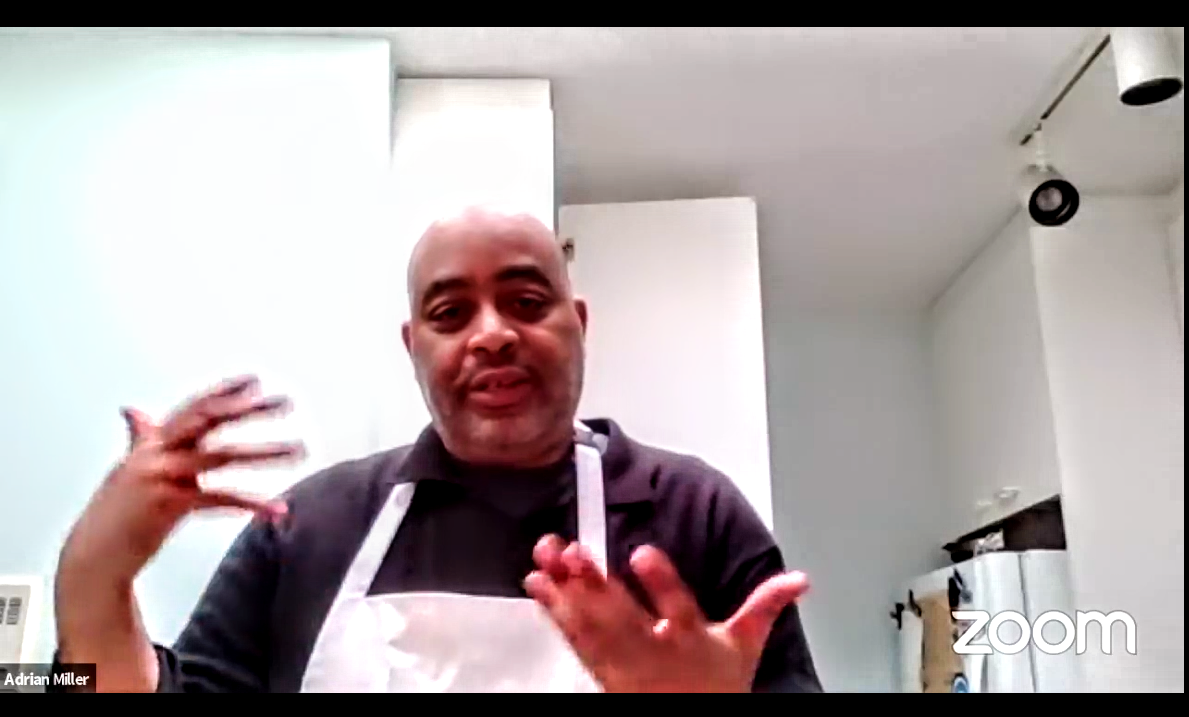What happens when an initial invitation for the month of Black American Her/History Month 2021, lingers into Women’s Herstory Month 2021? Well, when you add culinary to the mix, you come to experience an intriguing wonder concerning food and storytelling of a peculiar people. That’s for sure! Looking deeper, a cultural, culinary tradition addresses the wellness of a nation or people. Should we go further, culinary is the story of nourishment, for how the women of that culture provide healing and cultural pride, for their people. We think about those mothers, grandmothers, great-grandfathers, and others, who carried on the cooking tradition.
So, now we come into the world of Soul Food! What is it and who are the people, whose story, that it personifies? How did the Soul become reflected into food? Furthermore, how did such food from a peculiar garden come to sustain a peculiar people, within hostile domains?
In the United States, the month of February is Black American Her/History Month! Initially founded by Carter G. Woodson, in February 1926, it was initially known as “Negro History Week.” On February 26, 2021 (at 18:00pm), the US Embassy Of South Africa, held one celebratory event, in honor of the month. Entitled Soul Food and Civil Rights: History Around The Table, Soul Food Scholar-Adrian Miller enchanted viewers with a brief history, and cooking session, of the Black American culinary, known as. . .Soul Food.
Serving as co-host of the event, was prominent South African businesswoman, Mandela Washington Fellow, and founder of “The Lazy Makoti,” Mogau Seshoene! The event began with Adrian Miller conducting a brief lecture on the her/history of Black American culinary, the different recipes, and the current, modern trends, within Soul Food!
Then, of course, we can’t forget the actual demonstrations in Soul Food cooking; giving those South African participants and attendees a tiny taste into how Black American communities, throughout the United States, bring our own flair into the world of culinary. What were such delicacies, may you ask? Pea soup and cornbread.
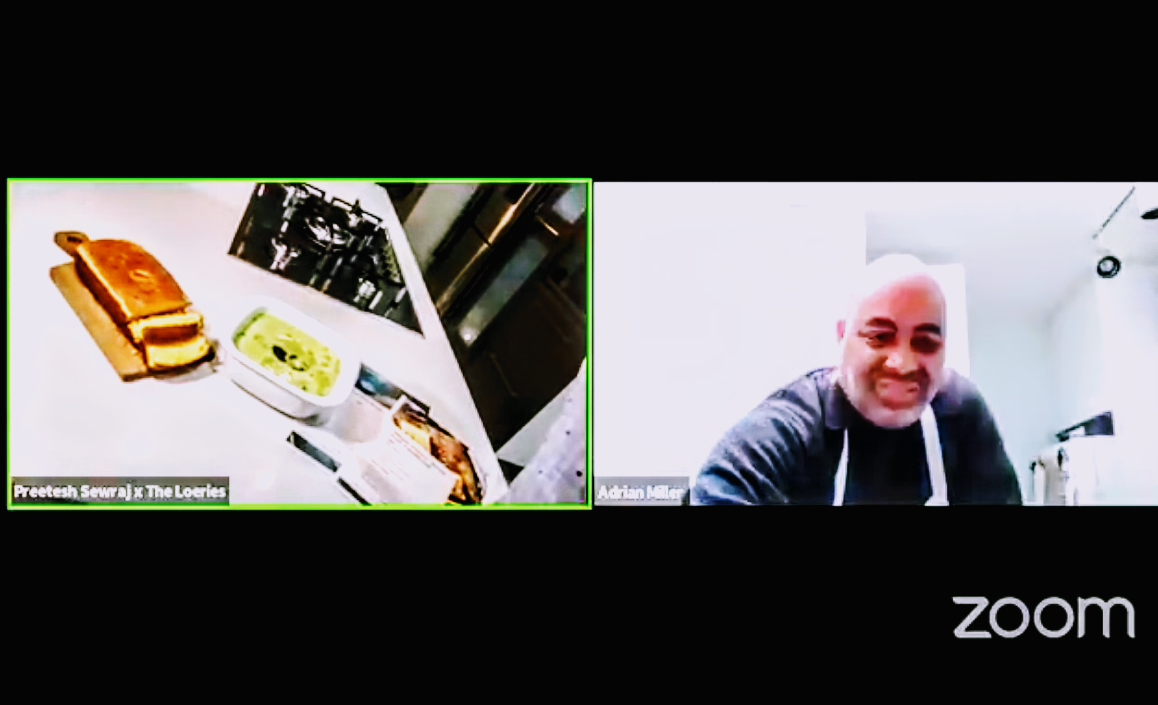

Taking us into that journey, conversations of Civil Rights and those tales between two nations, who had their own pastimes of injustice, come to the table. For the United States, it was Jim Crow. In South Africa, it was apartheid. Cooking and Civil Rights. However could the two come to mix? Now, that’s a healthy conversation, indeed!
For starters, we can begin with Civil Rights! How did Soul Food come to play its role in the sustaining of the movement? Well, to begin, let’s look at the role of Black American women. During the 50’s and 60’s, there were a number of Black American women restauranteurs and chefs, who opened up their doors to prominent, male Civil Rights leaders. When questioned about the role of Black American women in the Civil Rights movement, Adrian Miller took the opportunity to recognize these women chefs. Furthermore, he also acknowledged the use of Soul Food in raising money for the movement. In fact, it was such communal efforts, which kept the movement, alive! They were women such as Georgia Gilmore of Montgomery, Alabama. Others were the famous, Leah Chase of New Orleans, who opened up her famous restaurant of Dooky Chase. When Black Americans were barred from dining in White restaurants, it was Dooky Chase, which created a culinary home for them.
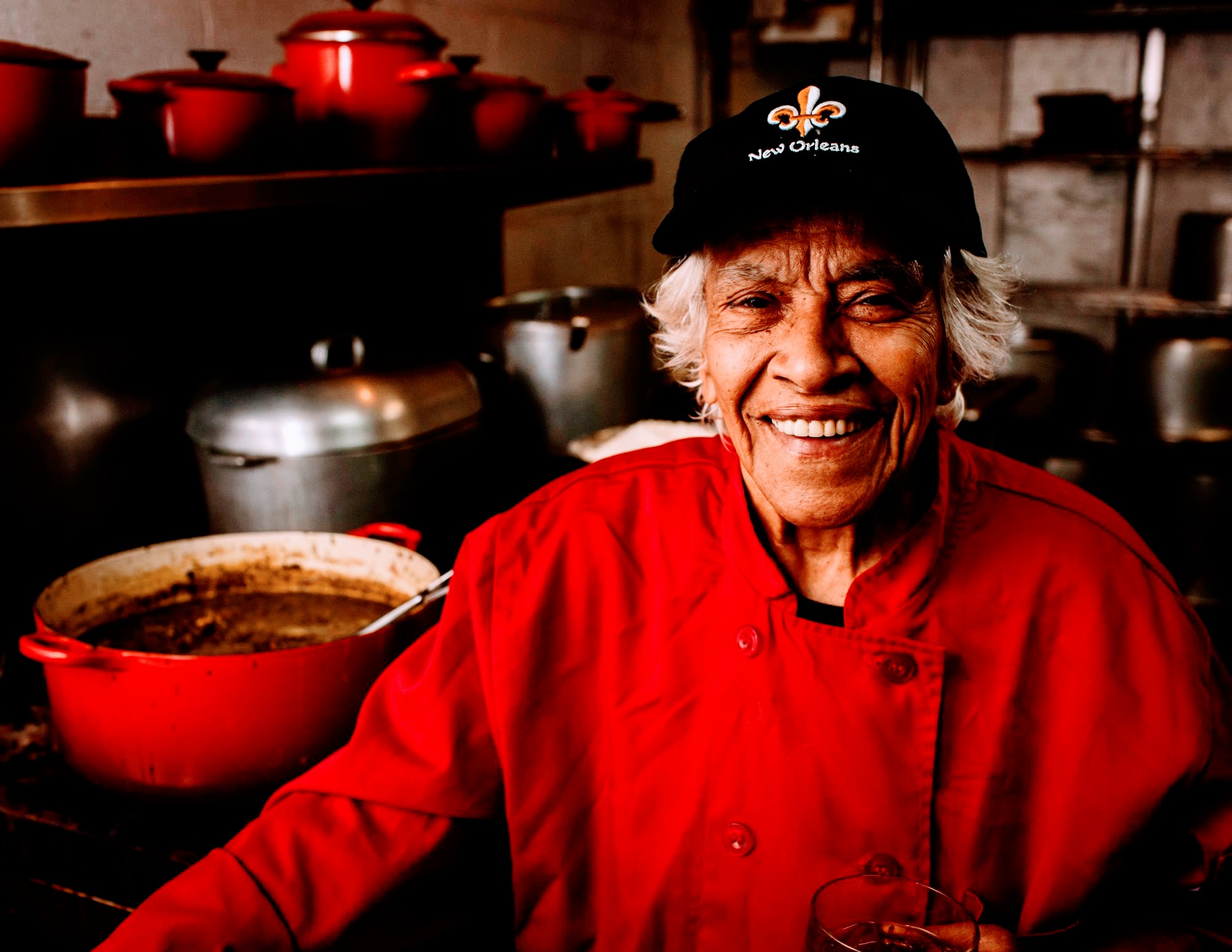
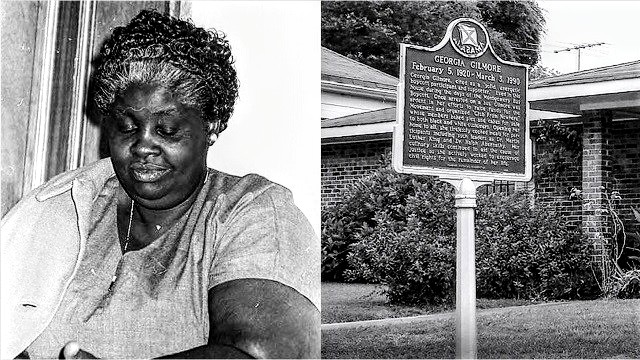
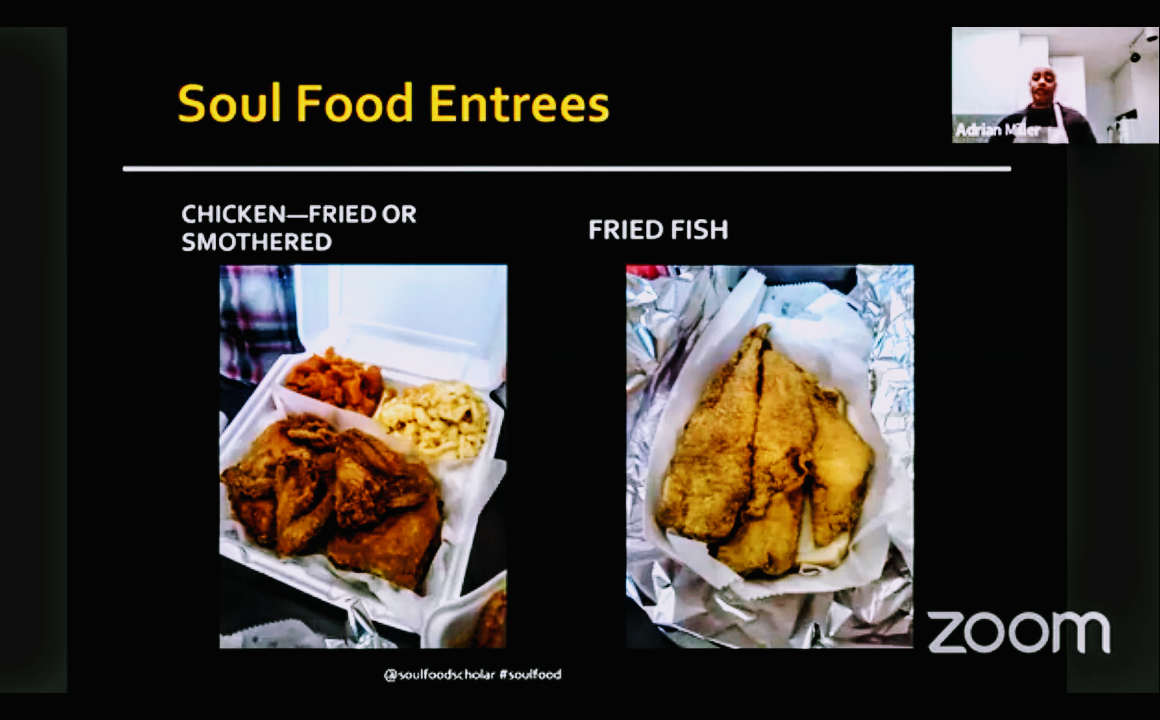
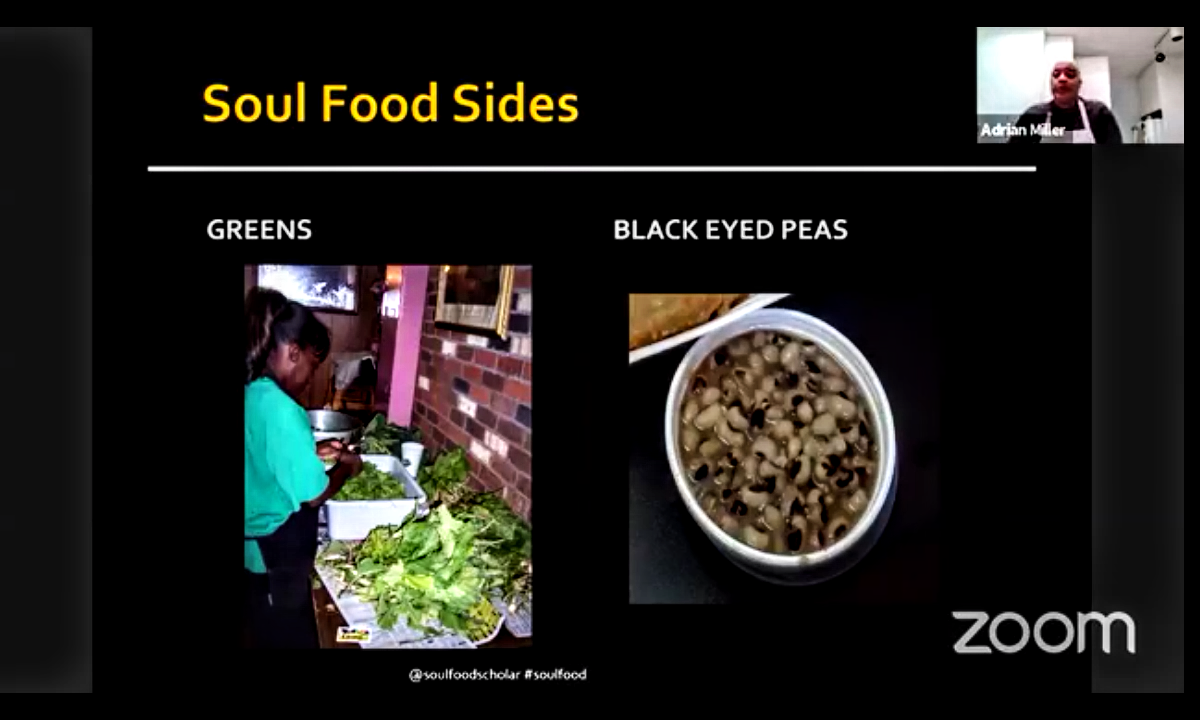
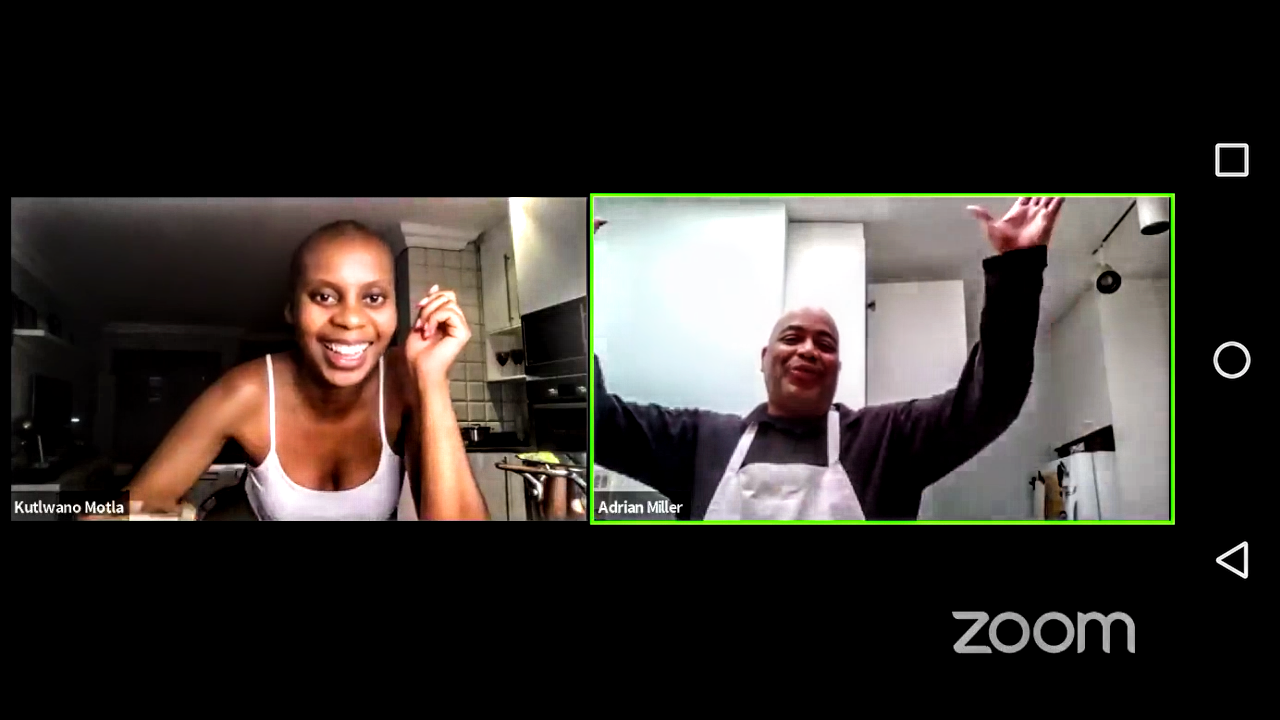
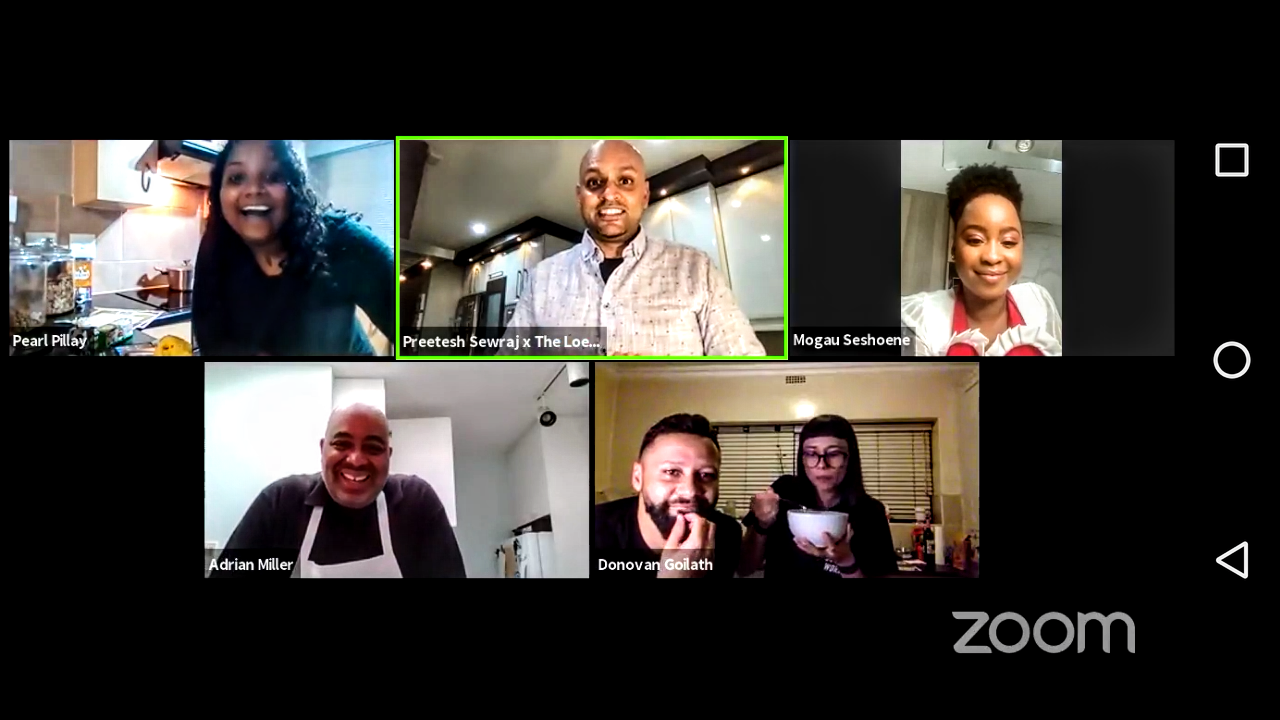
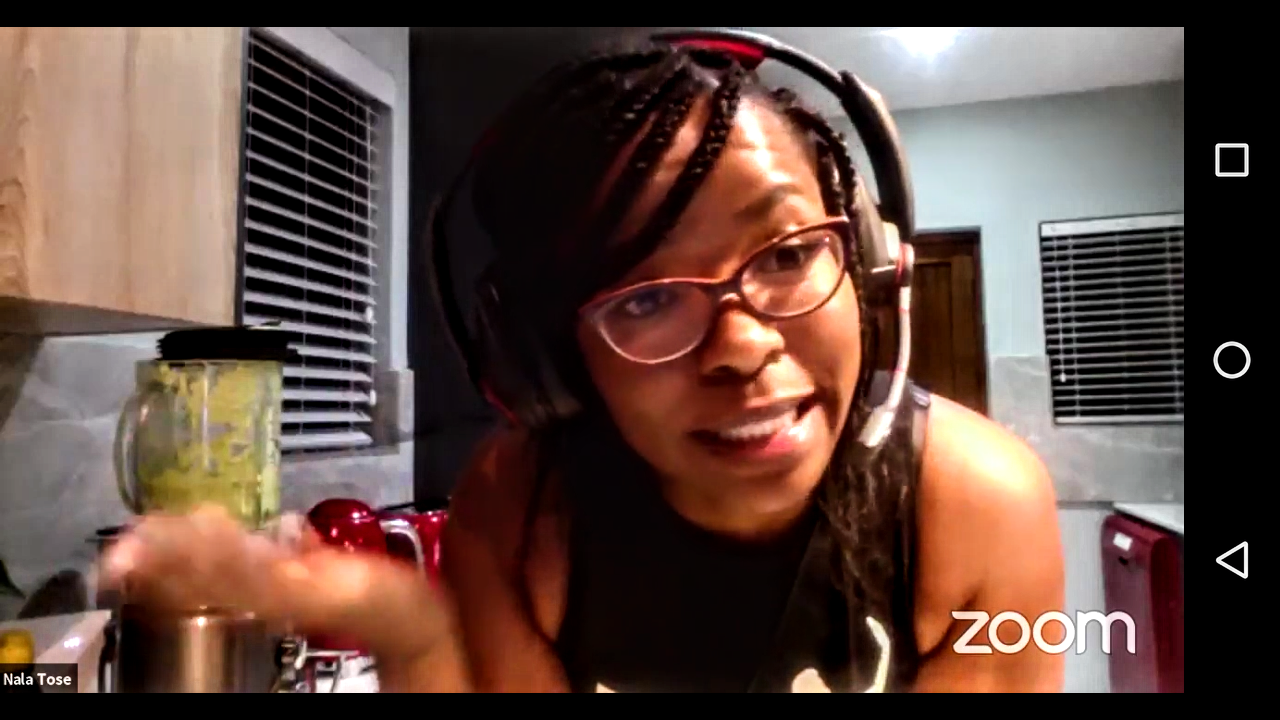
As interesting questions continued to arise through this festive, and Soulful occasion, there was one in particular, which ironically solidified the term Soul Food, as the culinary of Black American people. Every culture has a story and historical concept behind their name. Those food tales and travels are no different. Just as the variety of South African culinary has its own story lines, which are uniquely designed for that culture, so does Black America-in her myriad versatility. What does it mean? While people may gravitate to the coolness of Black America and Soul Food culinary, remember that it is the story of a people, who received no nation of their own. What does that do to a people, when you are forced to make foreign hostilities into familiar meditations? How does that force a peculiar and unique manner of creativity, which is solely birthed and produced from that culture of people? It becomes their particular mapping, within Earth’s spacing. Quite honestly, it is no different from any other culture have their own culinary story and tale, which defines them.
It’s intriguing when we discuss the United States and the nation of South Africa. So many differences, and a number of similarities. Having such an event brings a closeness between the two nations, as it concerns the artistry of food; and the intake, of. During the lecture/exhibition, there was a suggestion for a future cookout with Adrian Miller and Mogau Seshoene! I would go so far as to add a Black American woman to the mix. After all, she is the feminine image of Soul Food. Perhaps, former Hip Hop artist, turned culinary star ✨✨MIA X of New Orleans-founder of Team Whip Dem Pots! Or maybe Chef Millie Peartree, of the Bronx, New York! Now, that’ll be ???!
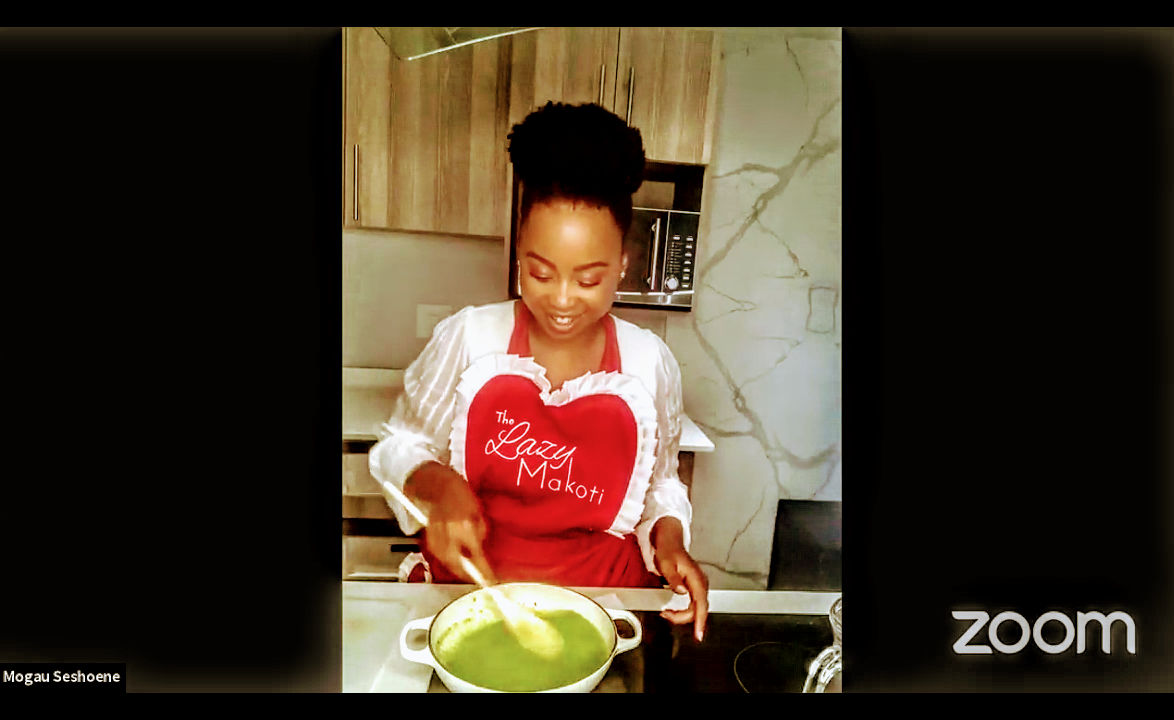
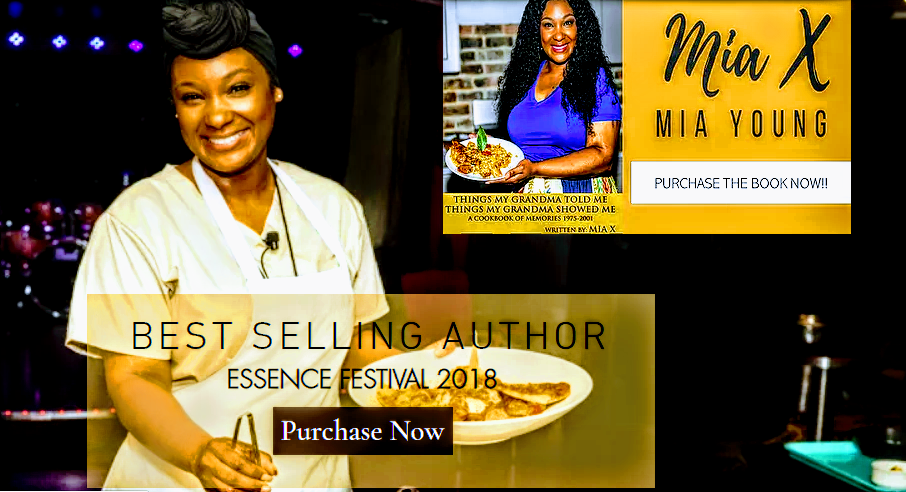
Rounding out this culinary showcase was the call for a future competition, by Minister Counselor, Frank Whitaker of the US Embassy in South Africa. Four words: “Lookin’ forward to it!”
And so, as we reflect on such an auspicious event, let is remember the power of culinary, as a healing trend. From nation to nation, food heals! Carrying the stories of humanity, while permitting us to taste their myriad flavors. Culinary heals! And at the end of the day, its not only the hands, which prepares the table, but also, the Soul!



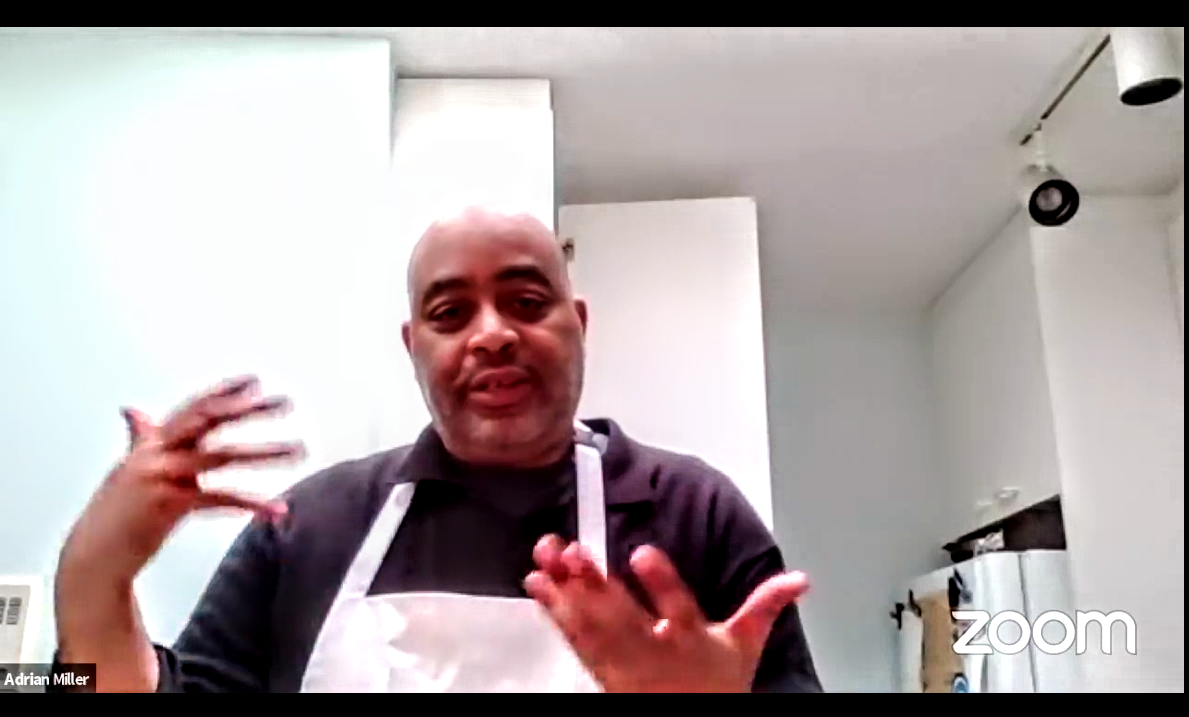
To stay up to date on the latest from the US Embassy in South Africa, you can go to the following, below:
Twitter: @USEmbassySA
Facebook: https://m.facebook.com/USEmbassySA/?tsid=0.7726367067764128&source=result


